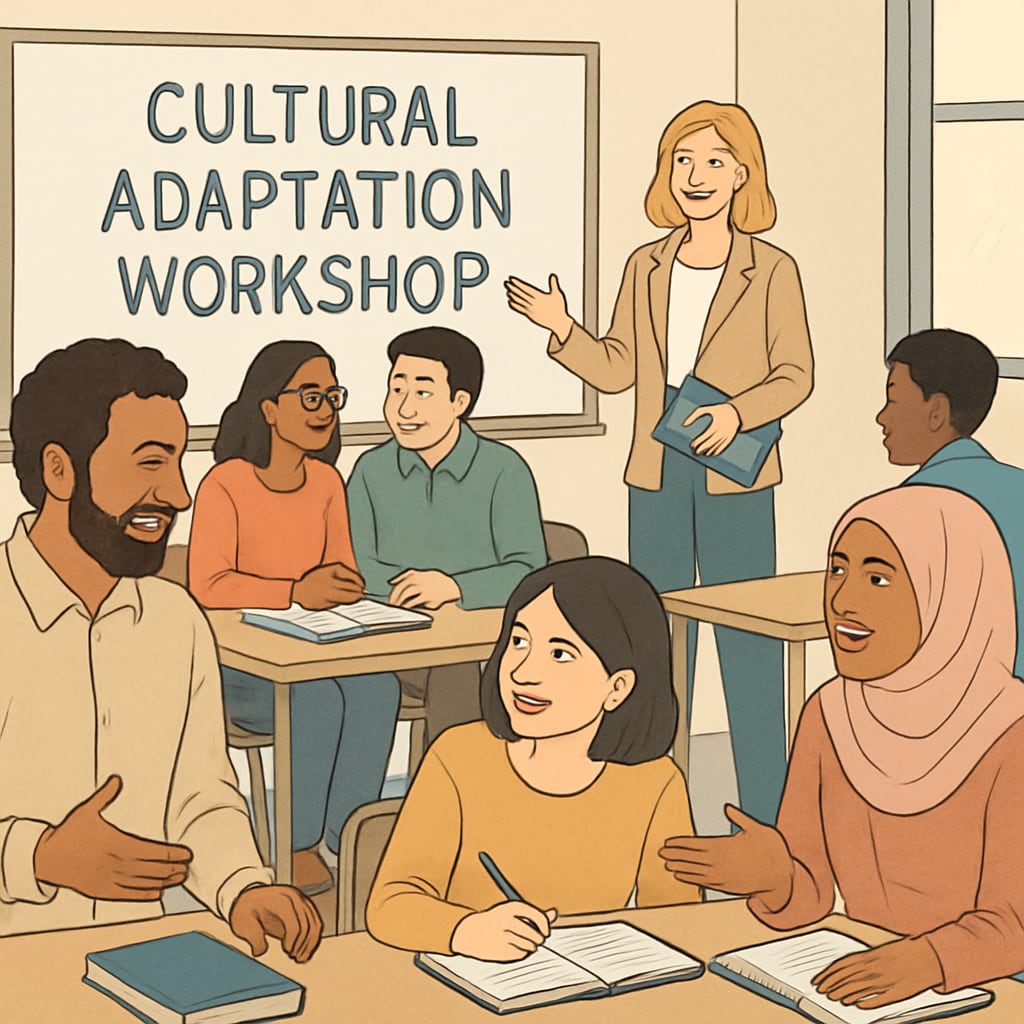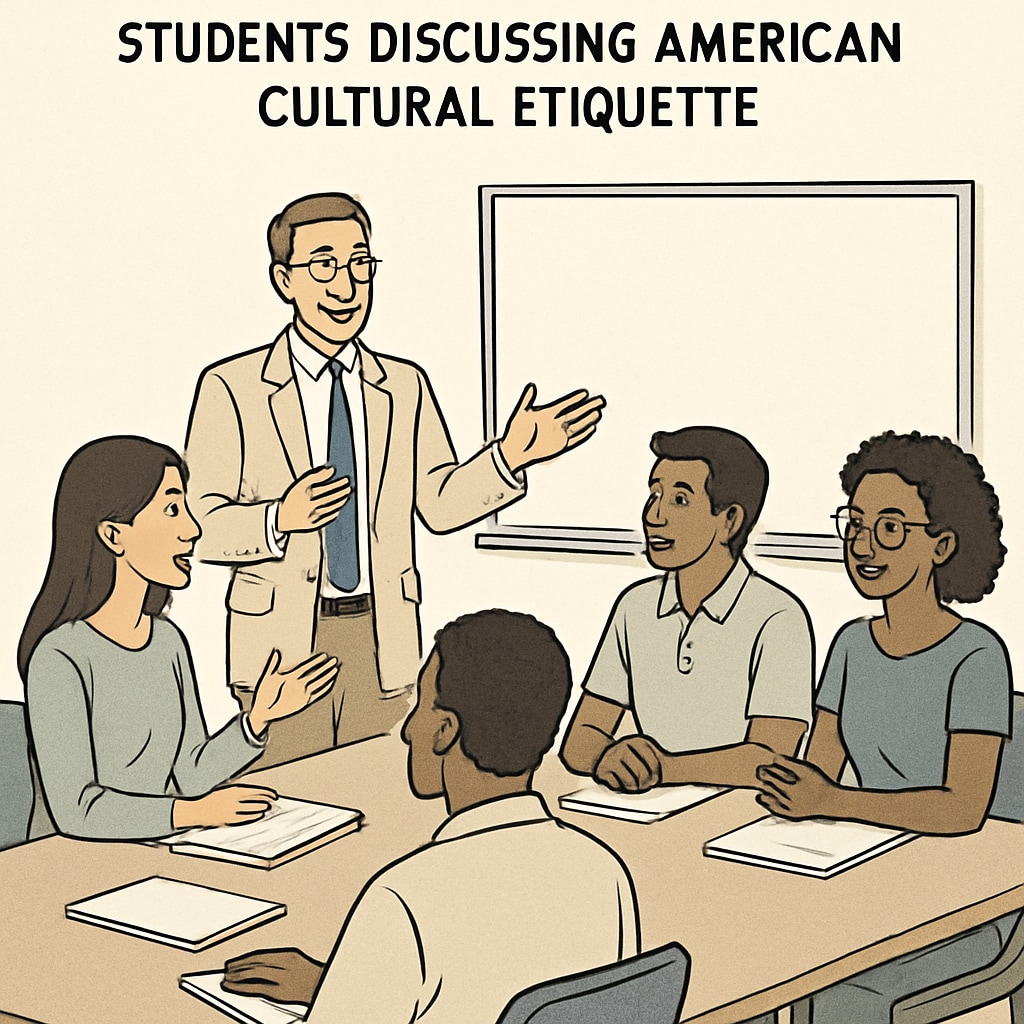Adult education, cultural adaptation, and basic knowledge are essential components for international students seeking to thrive in a foreign environment. Whether adjusting to social norms, academic expectations, or professional settings, these students often encounter challenges that go beyond language barriers. This article examines strategies and resources available, with a focus on New York, a city renowned for its diverse and inclusive educational ecosystem.
Why Cultural Adaptation Matters for Adult International Students
Cultural adaptation is more than just learning a language; it involves understanding societal norms, communication styles, and values that shape successful interactions in a new environment. For adult international students, adapting to a Western context can be particularly challenging due to the complexities of balancing studies, work, and social life. For example, many students struggle with implicit expectations in academic settings, such as active participation in discussions or independent research.
In addition, cultural adaptation plays a key role in professional development. Employers often value soft skills like teamwork, cultural awareness, and adaptability, which are critical for success in multicultural workplaces. Therefore, providing foundational education in cultural adaptation ensures students are better equipped to integrate academically, socially, and professionally.

Educational Resources for Cultural Adaptation in New York City
New York City offers a wealth of educational resources tailored to adult international students. These programs focus on building cultural competence and foundational knowledge, enabling smoother transitions into Western society. Key resources include:
- Community Colleges: Many community colleges in New York, such as Borough of Manhattan Community College, provide cultural adaptation workshops alongside English language courses.
- Non-Profit Organizations: Groups like the Immigrant Arts Coalition offer educational seminars and community events aimed at fostering cultural understanding.
- Libraries: Public libraries across New York host free workshops on cultural adaptation, including topics such as communication styles, workplace etiquette, and social norms.
- Universities: Institutions like Columbia University and NYU often open their doors to adult learners with specialized programs designed for international students.
These resources not only support language learning but also address cultural nuances. For example, many programs teach students how to navigate public transportation, understand local customs, and use digital tools commonly employed in Western academic environments.

How Technology Enhances Cultural Adaptation Education
In recent years, technology has become a vital tool for delivering cultural adaptation education. Online platforms offer flexibility for adult learners with busy schedules, enabling them to access resources anytime and anywhere. Popular tools include mobile apps, virtual workshops, and interactive e-learning courses.
For instance, applications like Duolingo and Babbel provide language support, while platforms such as Coursera host courses on cultural intelligence and intercultural communication. Additionally, virtual reality (VR) is emerging as an innovative way to immerse students in simulated environments, helping them practice real-world scenarios such as job interviews or networking events.
As a result, adult international students can leverage technology to complement traditional educational methods, ensuring they gain a holistic understanding of cultural adaptation.
Conclusion: Building Bridges Through Education
In summary, adult education, cultural adaptation, and basic knowledge are critical for international students seeking integration into Western society. By leveraging resources available in New York, such as community colleges, non-profit organizations, and technology-driven tools, these students can overcome barriers and build meaningful connections in their new environment.
Providing accessible and effective cultural adaptation education not only benefits individual students but also strengthens the fabric of multicultural communities. As global migration continues to rise, fostering cultural competence through adult education remains a vital step toward creating inclusive and harmonious societies.
Readability guidance: This article uses short paragraphs, active voice, and lists to ensure clarity. It incorporates transition words (however, therefore, in addition) for smoother flow and balances technical content with practical examples.


